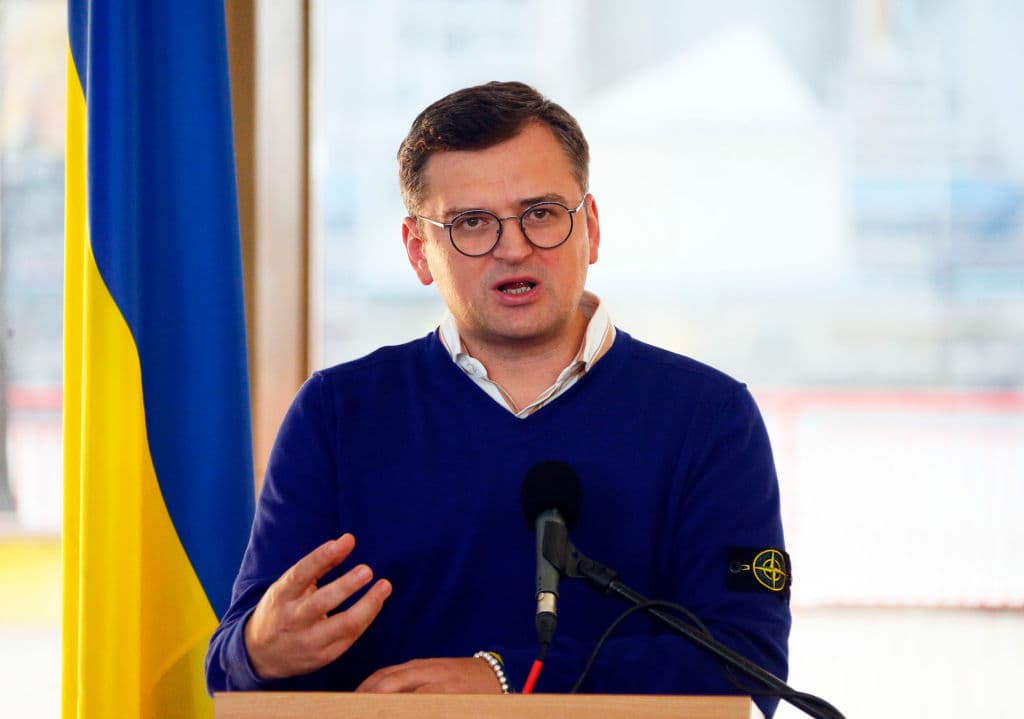According to Foreign Minister Dmytro Kuleba, Ukrainian embassies in Denmark and Romania received suspicious parcels on Dec. 6.
"I ask those who continue to send these packages and terrorize our embassies to relax and stop wasting time and money on postage stamps. You won't achieve anything with this," Kuleba said during a briefing.
On Dec. 2, multiple Ukrainian diplomatic missions reported they had received blood-stained parcels or were vandalized. They include embassies in Spain, Hungary, the Netherlands, Poland, Croatia, Italy, and Austria, the consulates general in Naples and Krakow, and the consulate in Brno.
Oleh Nikolenko, Foreign Ministry spokesman, said that Ukraine has a reason to believe that "it is a well-planned campaign of terror and intimidation" of the country's embassies and consulates.
Earlier on Dec. 1, an envelope with an explosive was sent to the Ukrainian Embassy in Madrid, injuring one employee.
Similar packages were also delivered to Spanish Prime Minister Pedro Sanchez, the Spanish Defense Ministry, the U.S. Embassy in Madrid, the Torrejon de Ardoz air base in Madrid, which provides intelligence information to Ukraine's Armed Forces, and the headquarters of Spanish weapons manufacturer Instalaza, which produces rocket launchers supplied to Ukraine.
According to Spanish media, officials are investigating whether the incidents are linked to the Russian invasion of Ukraine.
Defense Minister Oleksii Reznikov said on Dec. 1 he believes that Russia could be behind a series of recent letter bomb attacks in Spain, while Kuleba told CNN that Moscow was either directly responsible or that it was someone "who sympathizes (with) the Russian cause and tries to spread fear."










